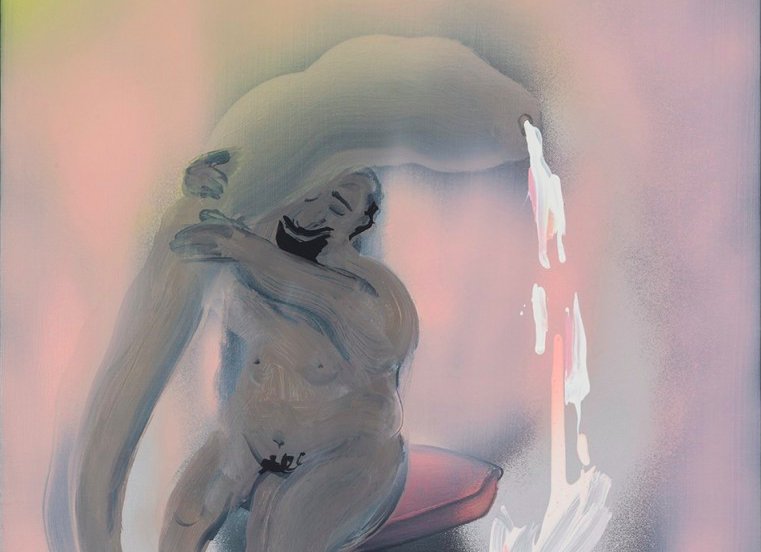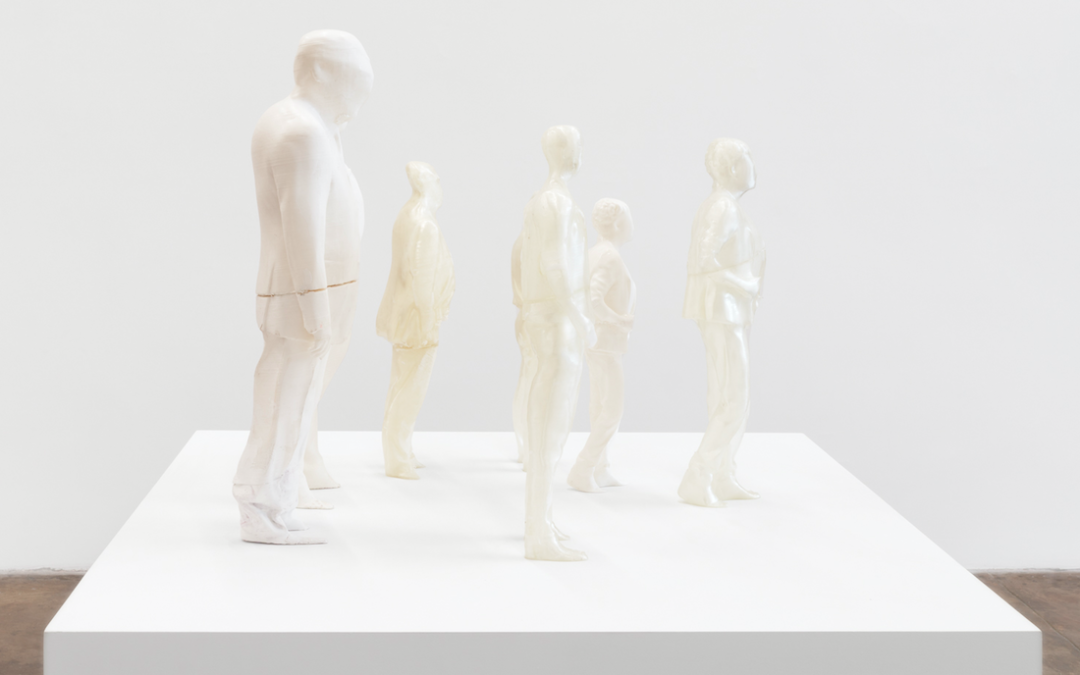To experience Tala Madani’s exhibition is to be submerged in a world that rejects our dualist minds and embraces the proximity of attraction to repulsion, cleanliness to filth. Upon entering the museum, viewers are greeted by a large-scale painting depicting a pair of...

PICK OF THE WEEK: Tala Madani The Museum of Contemporary Art, Los Angeles
read more


